What was the highest position held by a Jew in the USSR?
I must repeat once again that the revolution in the Russian Empire was not made by the Jews. But when the Whites, Greens, and other Browns began pogroms, the Red Army was the only force that promised to protect them, and they went over to its side. In addition, Ilyich adhered to the policy that representatives of those nationalities who were most irreconcilable with the tsarist power should be appointed to important posts, and the children of Zion were clearly among them.
As for the presence of high-ranking associates of Jewish nationality in the party, it is even simpler. Before the revolution of 1917, the Bolshevik crowd was, frankly speaking, small. Leftists were imprisoned for long periods of time, sent into exile, and normal people preferred quieter means of political struggle.
But then, because of the war and the actions of the government, many more people joined the socialist parties. By that time, the old Bolsheviks, including the Jews, had already made their careers. For at the time of their entry into the R.S.D.L.P., there was little competition there.
However, neither our compatriots nor, characteristically, the German fascists, had the slightest doubt that the Soviet Union was ruled by Jews. Even after Iosif Vissarionovich greatly renewed the party through a series of repressions. Let’s talk about what high-ranking positions they sought in the Soviet era.
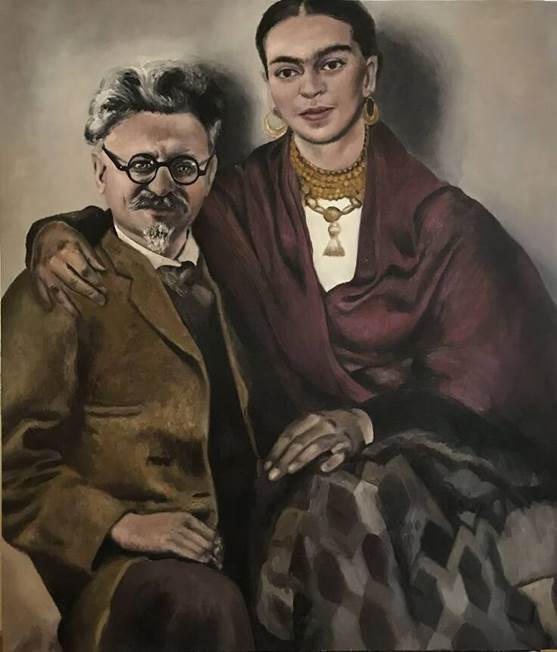
Well, it is impossible not to start this list with Leon Davidovich Trotsky. Despite the fact that he had been a convinced Menshevik for many years, and had joined their opponents rather late, he became one of the main actors in the Civil War, being appointed chairman of the Revolutionary Military Council. And then, having retained this post, he became the People’s Commissar for Military and Naval Affairs. That is, according to modern terminology, the Minister of Defense. It was he who was considered the first person in the party after the death of Ilyich, although he could not stay in power because of his arrogance and self-confidence.
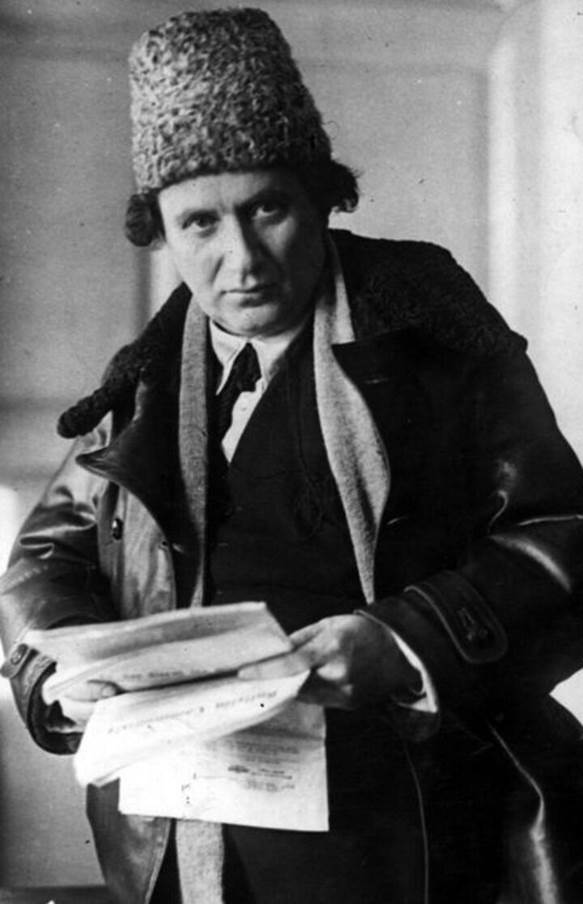
Grigory Zinoviev, “Lenin’s Oprichnik,” was for many years a member of the Politburo, the party’s governing body between its plenums. At the same time, he was the head of the trade unions and the chairman of the Third International, in fact, the union of all the communist parties of the world.
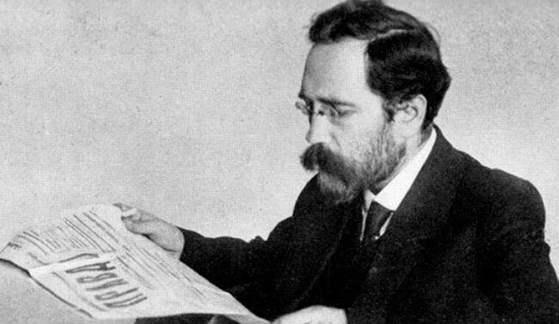
But despite the fact that he was inferior in popularity to the previous participants in our list, Lev Kamenev was the chairman of the All-Russian Central Executive Committee, i.e., formally, the holder of the highest state office in all of Russia, established after the overthrow of the Provisional Government by the Bolsheviks. However, he held this post for a little more than ten days. Later, his appointments were quite high, but much less impressive.
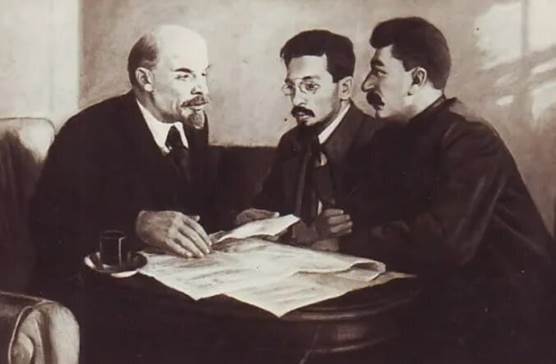
After him, Yakov Sverdlov became the head of the All-Russian Central Executive Committee, combining the posts of head of government – chairman of the Council of People’s Commissars and, among other things, chairman of the Secretariat of the Central Committee. That is, at the same time he was the head of state, the head of the government and the head of the party – all this while Ilyich was alive.
Nominally, he is the highest-ranking Jew in Soviet history – who knows what would have happened to him if Sverdlov hadn’t caught the Spanish flu? On top of that, Lenin, Trotsky, and Stalin spoke equally well of him – a very rare case when they had the same opinion about someone.
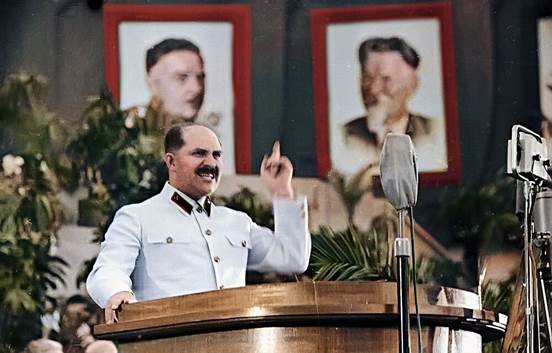
In the 1930s, Vissarionych got rid of most of his Jewish party members, but this does not mean that there are no more of them left. Thus, his loyal comrade-in-arms Lazar Kaganovich remained in the circles of the highest power – his most important position was the post of First Deputy Chairman of the Council of People’s Commissars of the USSR, i.e. Deputy Prime Minister under Stalin.
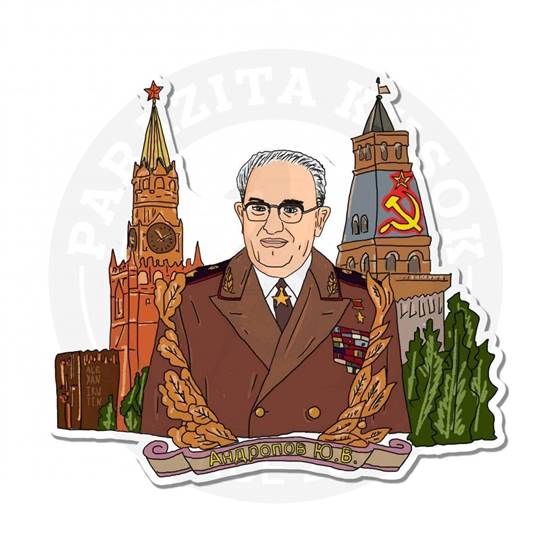
After him, there were no more Jews in at least close positions. However, Jewish origin was attributed to Yuri Andropov, chairman of the KGB, the Presidium of the Supreme Soviet, and general secretary of the Central Committee of the Communist Party of the Soviet Union. As the country’s chief security officer, he was able to conceal information about his origins. And he always denied his own Jewish roots. However, he did not dispute that his mother was the adopted daughter of the Jewish merchant family of Fleckenstein, although this does not 100% confirm that she herself was Jewish.
